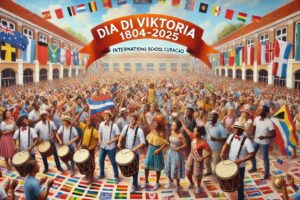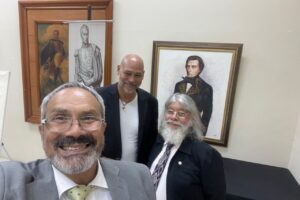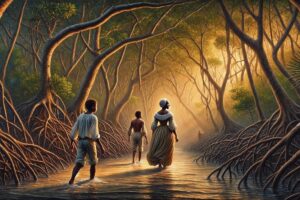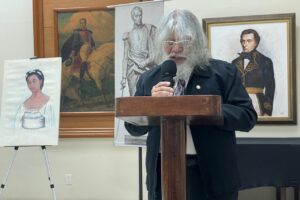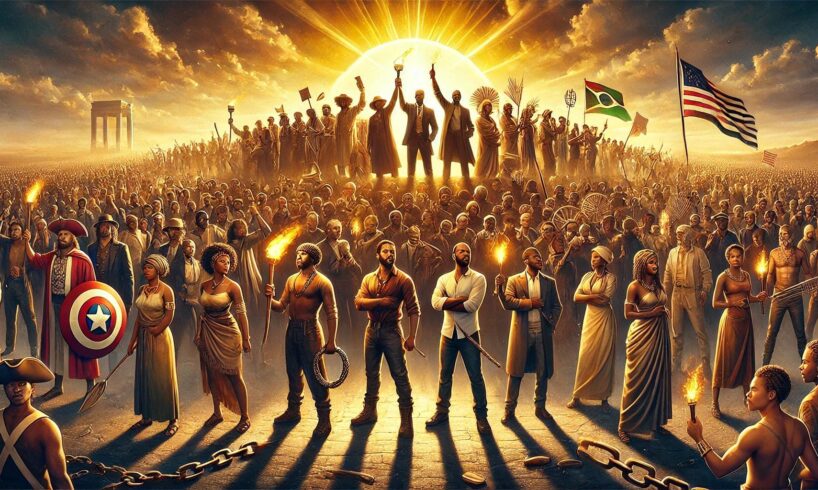
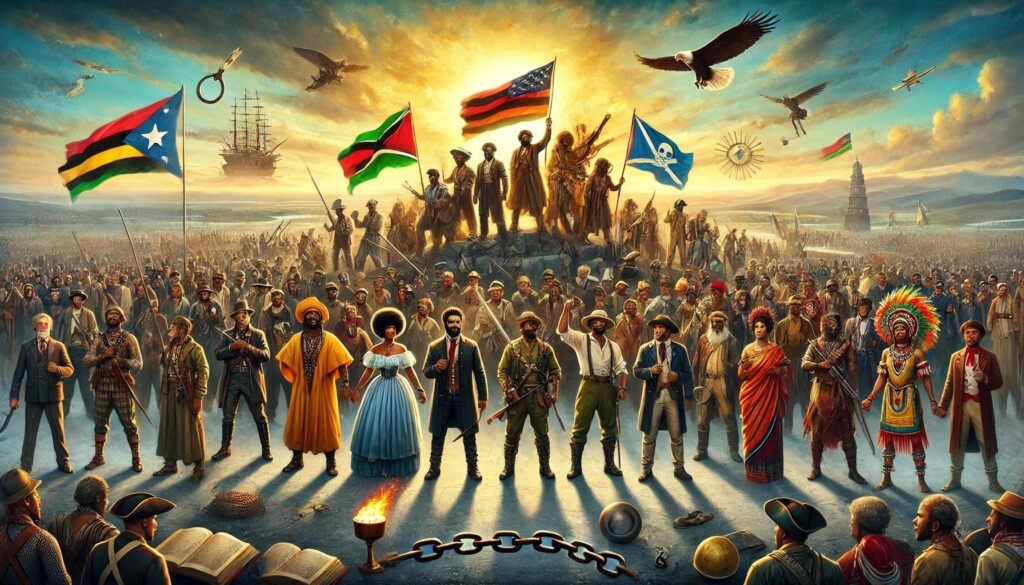 At www.manuelcarlospiar.com, we refuse to accept the “all is well” philosophy that dominates traditional history. Instead, we are here to crack the tough nuts, challenge the narratives we’ve been told, and most importantly, decolonize our minds.
At www.manuelcarlospiar.com, we refuse to accept the “all is well” philosophy that dominates traditional history. Instead, we are here to crack the tough nuts, challenge the narratives we’ve been told, and most importantly, decolonize our minds.
For too long, history has been written from the perspective of the powerful—erasing, minimizing, and distorting the contributions of Black, mixed-race, and Caribbean-born revolutionaries. Manuel Piar, María Isabel Gómez, Luis Brion, and Haiti were all essential to Venezuela’s independence, yet they were betrayed, erased, or ignored once victory was secured. Now, we ask the questions that many were afraid to ask—or afraid to answer.
The Tough Questions We Will Be Asking
•Why was Manuel Piar—one of the most successful independence generals—executed while white officers who rebelled against Bolívar were spared?
•Why did Venezuela never pay back Luis Brion, even though Bolívar publicly promised in 1821 that his financial contributions would be honored?
•Why was María Isabel Gómez, Piar’s mother, left in poverty after her son gave his life for Venezuelan independence?
•Why was Haiti, which twice provided Bolívar with military and financial support, erased from Venezuelan history?
•Why did the new Venezuelan republic continue racial and social discrimination, rewarding white generals with land while Black and mixed-race leaders were discarded?
•Why did the Dutch government and even our own governments do the same—erasing, ignoring, or failing to honor the contributions of our freedom fighters?
Decolonizing Our Minds: Rewriting the Story Ourselves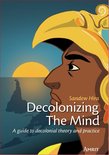
To understand the present, we must first reclaim our past. The history we were taught was not just incomplete—it was intentionally designed to serve a colonial mindset, keeping the contributions of Afro-Caribbean and indigenous people in the shadows. By decolonizing our minds, we reclaim the truth and ensure that history serves the people, not just the elite.
Decolonizing our minds means:
1.Rejecting the idea that only criollo elites made independence possible.
2.Acknowledging that racial and social injustice shaped the independence movement—and continues today.
3.Understanding that true freedom is not just political independence, but economic, racial, and social justice.
4.Breaking free from Eurocentric perspectives and honoring the voices that were silenced.
Why Did the Dutch Government and Even Our Own Governments Ignore These Figures?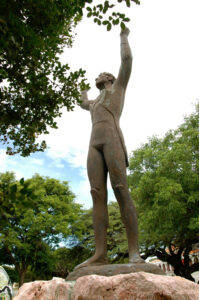
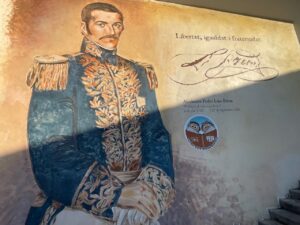
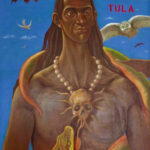
It is not only Venezuela that erased or ignored these revolutionary figures. The Dutch government, Curaçao’s leaders, and even modern Caribbean governments have done the same.
Why?
•Because acknowledging these figures means confronting the deep history of colonial exploitation.
•Because honoring them would mean recognizing that freedom was not “granted” by European empires—it was fought for and taken by the very people they oppressed.
•Because recognizing leaders like Piar, Brion, and Haiti forces us to admit that the system they fought against still survives in many ways today.
Instead of celebrating these figures as heroes, they were erased or minimized to maintain the illusion that true power only came from European or criollo leadership. Even today, we see how the legacy of colonialism still influences how we remember our past and who we choose to honor.
Why This Matters Today
History is not just about the past—it shapes our present and our future. If we do not challenge these injustices, we are doomed to repeat them. By confronting these truths, we ensure that:
•Our modern struggles for equality do not fall into the same mistakes as the past.
•We finally give proper recognition to the real heroes of independence.
•We redefine what freedom means—not just for elites, but for everyone.
Curaçao: A Cradle of Visionary Freedom Fighters
As we uncover these stories, we will arrive at an undeniable truth: Curaçao has been a cradle (wieg) of visionary and courageous freedom fighters.
Its sons and daughters did not only fight for their own freedom—they leaderized (led) independence movements across the region and beyond:
•Cuba
•Puerto Rico
•Haiti
•Santo Domingo
•Venezuela
•Even the United States and Britain
Through our exploration, we will discover their names and courageous spirits, ensuring that their efforts are not forgotten—now and in the future.
Let’s decolonize our minds. Let’s rewrite the story together.
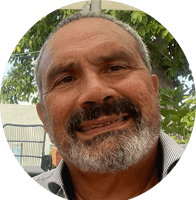
Tico Vos is a professional photographer, producer, and tourism specialist. He has been documenting the History, Culture, and News of Curaçao. This site is a documentation of the history of Manuel Carlos Piar.

